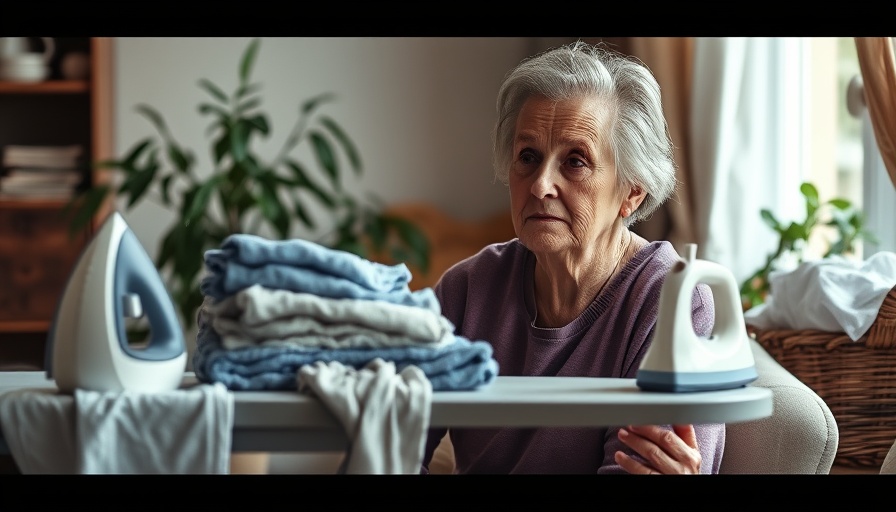
Your Perfect Companion: The Power of Pets in Retirement
As many Kiwi retirees look for companionship and emotional support, the need for furry, feathery, or scaly friends becomes increasingly significant. When considering which pets align best with New Zealand retirees' lifestyles, it’s essential to evaluate not just companionship but also a pet’s practicality, ease of care, and compatibility with living arrangements.
Small Dog Breeds: Loyal Companions for Limited Spaces
Small dogs often become beloved companions for retirees, offering a reliable source of loyalty and comfort. As space can sometimes be a constraint in retirement villages or smaller homes, it makes sense to choose breeds that thrive in closer quarters. Breeds like the Cavalier King Charles Spaniel are recommended for their gentle disposition and sociability, perfect for those who enjoy strolls in the park or quiet time at home.
The Miniature Schnauzer and Bichon Frise are also excellent choices, being hypoallergenic and adaptable to different environments. These dogs require moderate exercise and bring high-energy fun without overwhelming their owners. Many older retirees find they form deep bonds with their pets, enhancing their quality of life dramatically.
Choosing Cats for Low-Maintenance Affection
Cats retain their status as a classic companion in Kiwi homes, providing affection without the demanding exercise regimes of other pets. In New Zealand, shelters are teeming with friendly domestic cats, making it easier than ever to find the perfect match.
By adopting through programs aimed at matching seniors with older cats, retirees can gain companions that thrive on minimal activity. Many cats enjoy curling up for peaceful naptimes and require less daily care, making them ideal for those who might experience mobility limitations. Ensuring that your pet is desexed and microchipped through the adoption process is an added benefit.
The Joy of Aviaries: Bringing Nature Indoors
For retirees who appreciate the beauty and song of birds, budgerigars and canaries are fantastic choices. These birds not only fill homes with vibrant colors and melody but also require considerably less maintenance compared to furry companions.
With proper care—such as fresh water and daily feeding—these birds can provide both visual interest and emotional support to their owners. Additionally, having pet birds makes for great conversation starters among neighbors and family, enhancing social connections within retirement communities.
Relaxing with Aquatic Companions
Fishkeeping has become increasingly popular among retirees who might prefer a low-stress pet option. Goldfish and freshwater fish tanks can transform a living area into a tranquil oasis. Not only do they add beauty to your home, but watching fish swim can also have calming mental health benefits.
There’s something enchanting about setting up an aquarium and attending to the needs of its inhabitants without the demanding routines of daily walks. Fish are a particularly good option for those who have physical limitations yet still desire companionship.
Birds, Fish, and Beyond: Diversity in Companionship
No matter if you choose a dog, cat, or even a fish, the right pet can offer comfort, joy, and a sense of purpose, which is especially crucial during retirement. Involving pets in one’s daily routine can encourage more active living, promoting overall well-being.
Consider engaging with local shelters and animal communities that promote senior-friendly programs, ensuring you find a companion that matches your energy level and lifestyle. Retirees can also look into veterinary plans for older pets, as many organizations offer subsidized care, easing the financial burden for seniors.
Concluding Thoughts: Take the Leap!
As you consider your options for bringing a pet into your life, reflect on what type of companionship resonates most with you. Whether it's a playful puppy, a cozy cat, a lively budgie, or a serene aquarium, these companions have the potential to enrich your daily existence.
If you're ready to explore pet ownership, dive into your local animal shelters’ offerings and speak with experts in pet care. Embrace the joy and fulfillment that comes with having a loving companion by your side every step of the way!
 Add Row
Add Row  Add
Add 




Write A Comment